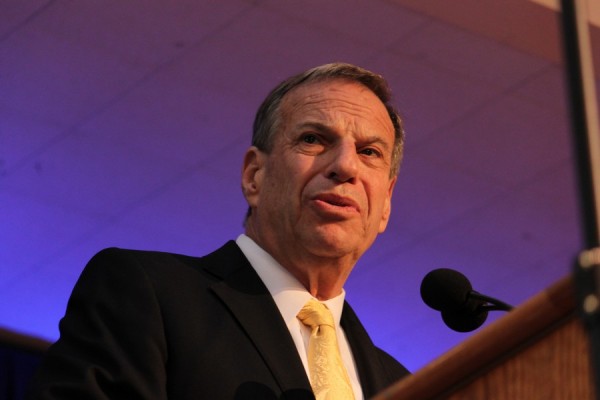Filner Recall and Special Election Could Cost San Diego $3.7 Million

 Credit: Annie Lane / OBrag.org
Credit: Annie Lane / OBrag.org
San Diego news has been dominated by allegations of misconduct by Mayor Bob Filner, but common discussion surrounding the controversy has overlooked the financial cost to the city.
If Mayor Filner is recalled, the city will have to hold a special election to select a replacement. As a consequence, the city must pay for the administrative costs of this election.
The Filner scandal is new territory for San Diego, a city where there has not once been a Mayoral recall. The legal steps a petitioner for recall must take are outlined by municipal code:
- File a petition for recall with the City Clerk
- Publish a notice of 300 words or less in a city paper stating their intent to circulate the petition
- File an affidavit of publication with the city clerk
- Serve notice on the official to be recalled
- Await the official’s published response of 300 words or less in the city paper
- Circulate the petition to be signed in print by residents
- Acquire 15% of the signatures of all voters in the city
The timeframe for a special election is also outlined by municipal code:
If a special election is called, it shall be held not less than sixty (60) days after adoption of the ordinance calling the election but not later than ninety (90) days after such adoption.
While the city and the mayor quibble over who should pay Filner’s legal expenses, the largest potential expense from the controversy will belong to the taxpayers. If the recall petitions are successful, the special election will cost the city a sum well in excess of the legal fees.
Recent special elections have cost San Diego a significant amount. The special election to replace now congressman Juan Vargas in April for California's 40th Senate District cost $1.1 million, according to Michael Vu of the San Diego County Registrar of Voters. The low turnout resulted in the cost being about $30 per voter.
The San Diego City Council also held a special election earlier this year to replace Tony Young, now CEO of the local Red Cross chapter. It was held for only District 4 voters of San Diego, but cost the city $355,000 to administer.
There are over 63,000 registered voters in San Diego's District 4 and over 670,000 registered city-wide. Based on the cost of the council's special election per registered voter, a mayoral special election could cost approximately $3.7 million for the city to administer.
While the price of voter influence regarding a city’s pride in its mayor is not an occasion for thrift, the cost of a potential special election should be considered when assessing the damage done to the city of San Diego.



